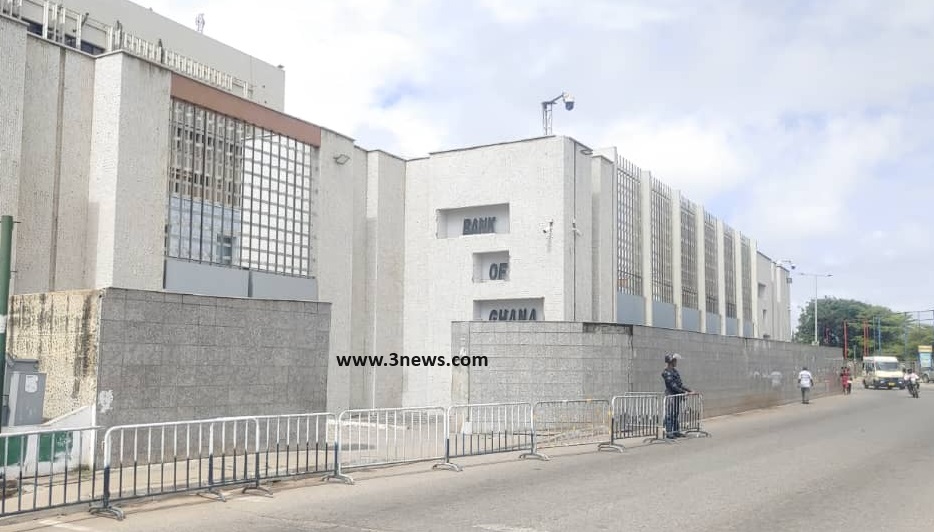
The $300 million World Bank facility to support some projects in 2024 has finally been credited to the Bank of Ghana’s (BoG) account.
This was after Ghana met all the necessary conditions, including Cabinet and Parliament’s approval to facilitate the transfer of the funds to the country.
Joy Business understands that the transfer was done this morning March 27, 2024. The Bank of Ghana is expected to take “the dollars”, and transfer the cedi equivalent to the various government agencies and ministries.
The “Foreign Exchange” component of this facility could go a long way to support the international reserves of the Bank of Ghana. Data released by the Bank of Ghana showed that its Gross International Reserves have hit more than $6 billion ending February 2024.
The Finance Minister, Dr. Mohammed Amin Adam, at a recent engagement with the media this week noted that the government is expecting about $1.2 billion from the country’s development partners before the end of this year.
Impact on Economy
The disbursement will help fast-track some infrastructure projects outlined in the 2023 Budget that were stalled due to the late disbursement of this support from Ghana’s donors.
The World Bank should have disbursed this facility late last year. However, delays on the part of Ghana to reach a deal with its bilateral creditors affected the approval of this $300 million loan.
The inflows is expected to slow down the rate of the cedi’s depreciation. This is because it could give some signal to the international market that the Central Bank is now in a better position to support the local currency.
Focus of this facility
The disbursement of this $300 million Development Policy Financing, the first in a series of three is for crisis response and resilience in Ghana. Its objectives are to:
1) Restore fiscal sustainability;
2) Support financial sector stability and private sector development;
3) Improve energy sector financial discipline; and
4) Strengthen social and climate resilience.
It is expected to strengthen domestic revenue mobilisation, control expenditures, safeguarding financial sector stability, removing barriers to private investment, setting the energy sector on a sounder financial and operational footing, strengthening the country’s social protection system, and mainstreaming climate adaptation and mitigation across policies.
Background
This disbursement is part of the total financial support from Ghana’s donor as part of the IMF programme that the country secured in May 2023. The IMF has so far advanced some $1.2 billion to Ghana under the FUND programme.
According to the World Bank, the First Resilient Recovery Development Policy Financing is a critical contribution by the Bank’s International Development Association, which will help Ghana’s economic recovery and support the country’s resilient and inclusive growth.
The World Bank in January 2024, approved this facility, after an agreement in principle by the Official Creditors’ Committee under the G20 Common Framework on the key parameters of the proposed debt restructuring for Ghana.
The agreement, which is consistent with the Joint World Bank-International Monetary Fund Debt Sustainability Framework, represents a critical milestone toward restoring debt sustainability.

